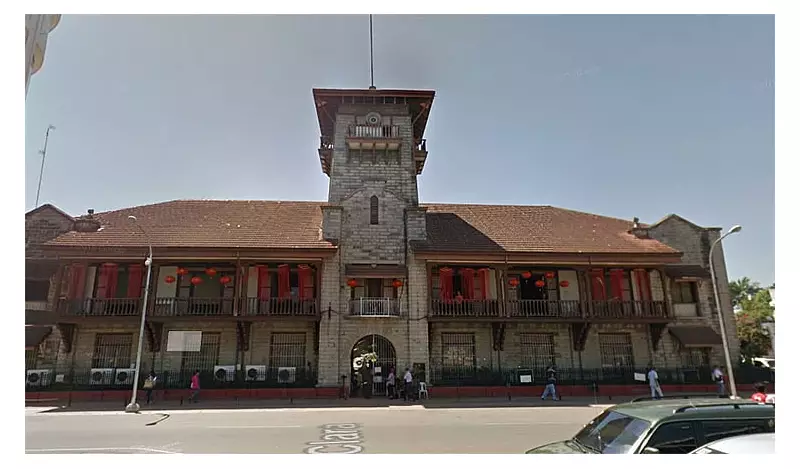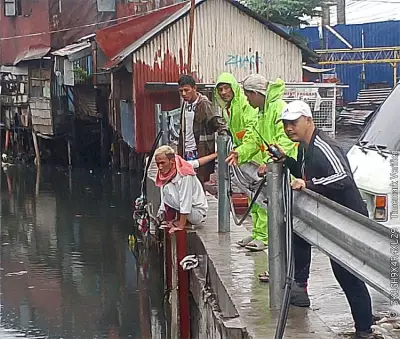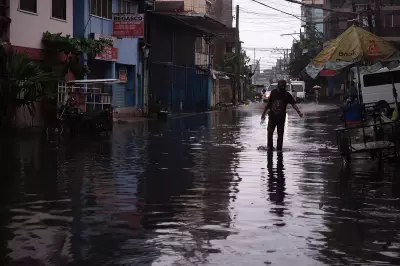
In a bold move to tackle urban pollution and promote environmental sustainability, Zamboanga City has rolled out a comprehensive waste segregation program targeting the bustling Paseo del Mar business district. The initiative, which took effect immediately, represents the city's most significant step yet in proper solid waste management.
The new regulations require all business establishments, restaurants, and commercial entities within the popular coastal business area to separate their waste into distinct categories using color-coded containers. Green bins are designated for biodegradable waste, including food scraps and organic materials, while black bins are reserved for non-biodegradable items such as plastics, packaging, and other dry recyclables.
Strict Enforcement Measures
City authorities have made it clear that compliance is not optional. Establishments found violating the segregation rules will face substantial penalties, including fines and potential business permit suspensions for repeat offenders. Environmental enforcers will conduct regular inspections to ensure businesses adhere to the new guidelines.
The city government emphasized that this initiative goes beyond mere compliance with national environmental laws. "This is about transforming our relationship with waste and protecting our coastal environment," stated a city official. "Paseo del Mar is one of our premier destinations, and we want to set the standard for environmental responsibility."
Environmental Impact and Community Response
The waste segregation program aims to achieve multiple environmental benefits:
- Reduce landfill waste by up to 40% through proper separation
- Minimize pollution in coastal areas and waterways
- Promote recycling and composting practices
- Extend the lifespan of existing landfill facilities
- Create awareness about sustainable waste management
Initial feedback from business owners has been largely positive, with many recognizing the long-term benefits of a cleaner business environment. Several establishments have already begun training staff on proper waste handling procedures and updating their internal waste management systems.
The city government plans to expand the program to other business districts if successful, potentially making Zamboanga a model for urban environmental management in the southern Philippines.





